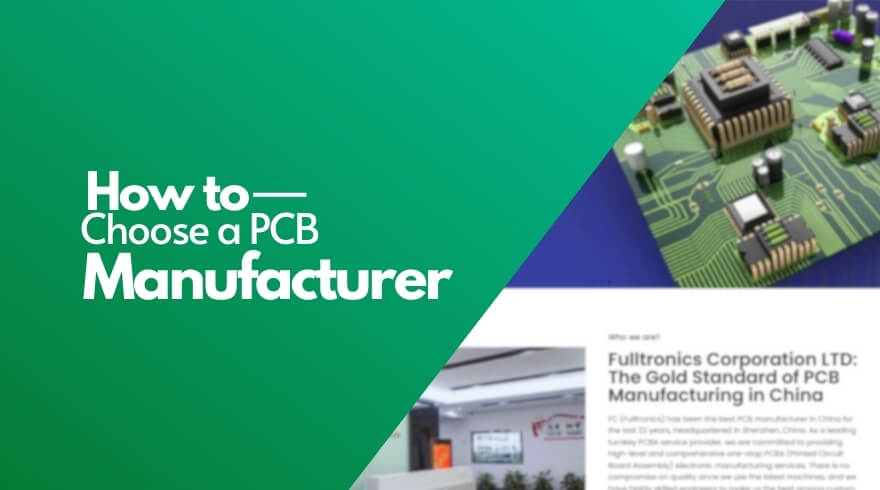How do you choose the right manufacturer for printed circuit boards? Choosing the right PCB manufacturer can make your product or program a success. But choosing the wrong PCB manufacturer can cause a lot of problems.

Some tips to consider to guide your decision include:
Quality is a key issue when selecting the right PCB manufacturer.
It is important that your design is error-free as required and to the required specifications.
- size
- All holes drilled and installed precisely.
- Pass bare board exam.
- Twist the board as little as possible. (Although this may be due to some board design)
- Compliance with content and others.
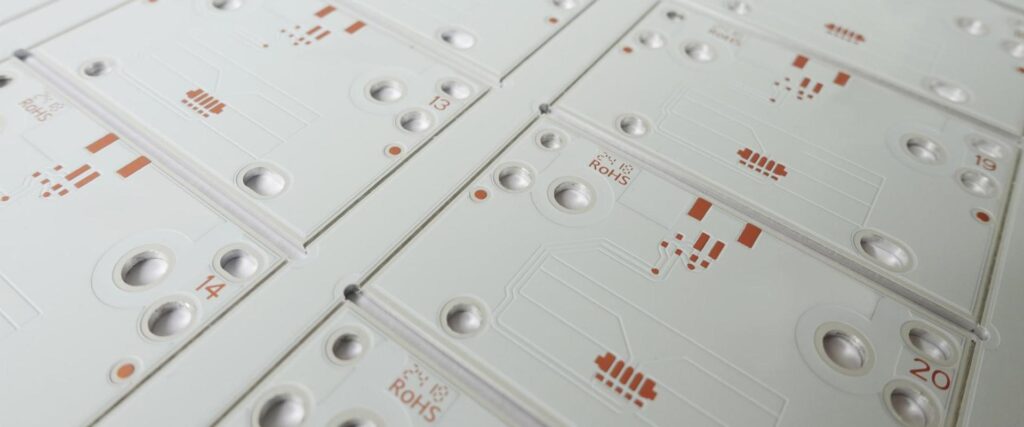
The first question to ask is whether the printed circuit board (PCB) manufacturer can work to the specifications you need. Whether they will accept the files in the provided format and produce the board according to the required specifications: number of layers, type of PCB material; Tolerance; Specific requests etc.? Use this detailed checklist to ensure all of your criteria can be met.
Cost is another important factor. Reducing costs is part of making a product successful. But as already mentioned Happiness at a low price It will be forgotten long before the pain of poor quality is gone. Maintaining a balance between cost and quality is essential to success.
Time Measurement Ensuring that deadlines can be met is an important factor to consider when choosing a PCB manufacturer. Short lead times are a good thing. But is rapid response capability the right solution for long-term production?
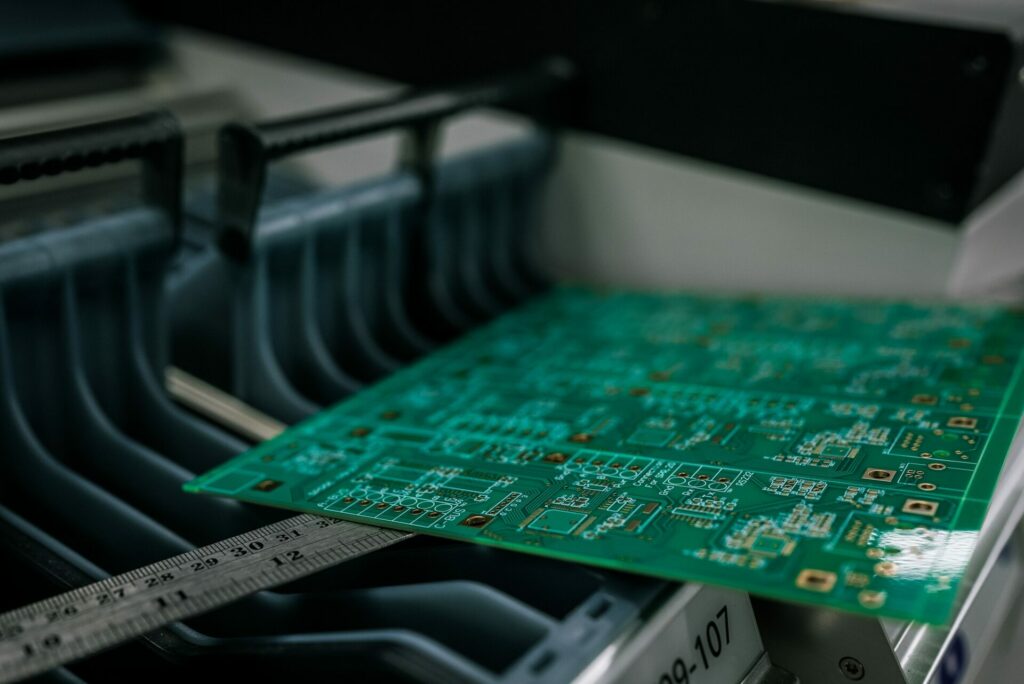
Relationships – A company’s ability to work together and build relationships is another important factor. Quantifying is difficult. But if a PCB manufacturer can work with the PCB assembly and design space, the collaboration can bring significant benefits. And one of the most important factors you might want to consider is choosing a good PCB company. A cooperative relationship helps to resolve problems quickly. and can help meet both methods to improve processes and performance for the benefit of all parties…
Material Sourcing – Another important question for many companies looking to choose the right PCB manufacturer is where the materials are sourced. Some low-cost manufacturers look to source materials at the lowest cost. As a result, the board may be inconsistent. The efficiency may vary in each batch. You need to ensure that the PCB manufacturer is able to supply UL approved circuit boards that meet the required specifications. Standards:
- RoHS (Restriction of Hazardous Substances): – This regulation has been in effect for many years. and regulate the amount of hazardous substances allowed in electronic products manufactured around the world.
- REACH (Registration, Evaluation and Authorization of Chemicals): – This European project details chemicals used in power generation and assesses their impact on the environment and population.
- Conflict materials: – This specific regulation can be of critical importance to any company. that operates or supplies products in the United States It is a law that attempts to provide better visibility into the supply chain of raw materials. Especially when it comes to minerals coming from conflict zones like eastern Congo…
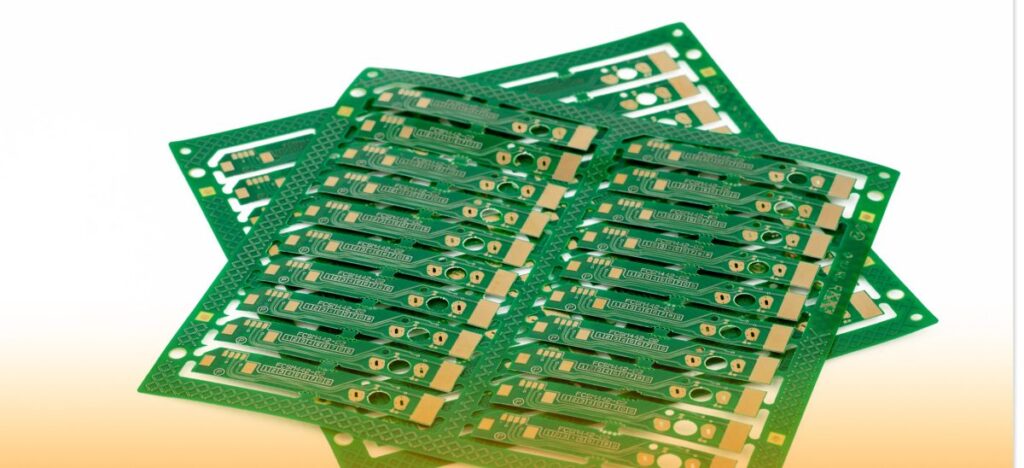
Production Capacity – The PCB manufacturer’s ability to match the potential quantity of printed circuit boards that your program will need to supply, likely because prototype PCBs are required and these will be in very small quantities. Or it may be that only a small amount of production needs to be done first. Mass production started Pair it with whatever you want.
Companies established to produce large quantities of PCBs for large-scale production operations cannot accommodate small quantities. and vice versa Small companies that are generally set up to produce ideal PCBs or low-volume production can easily become overwhelmed with large orders…
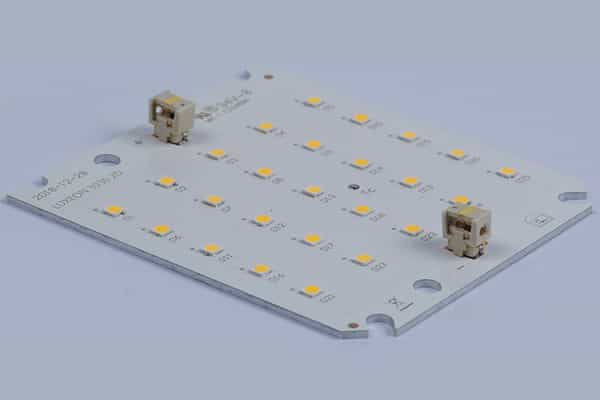
Choosing the right PCB manufacturer is not always easy, however, the PCB assembly or electronics equipment manufacturer is very important. The time it takes to choose the right PCB manufacturer is time well spent and can pay big dividends in the long run. Develop a plan to review/survey potential supplier capabilities that addresses at least:
• quality
• price
• Distribution
• relationship
• Procurement of materials
• Productivity

